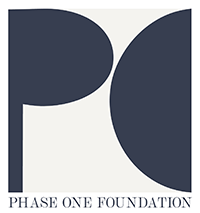Our Featured Research Page lists cancer prevention, treatment and quality of life studies enrolling people with or at high risk for hereditary cancers. Sign up for our community newsletter to stay up-to-date on the latest hereditary cancer research.
Search Results: Treatment + Breast Cancer + Stage 2 or 3 (3 results)

Treatment
Treatment study for people with stage 2 or 3 triple-negative breast cancer at high risk for recurrence.
Testing a Vaccine for Treating or Preventing Triple-Negative Breast Cancer
Researchers are studying the affects of this breast cancer vaccine on the immune system in two groups of people:
- For people diagnosed with stage 2 or stage 3 triple-negative breast cancer at high risk for recurrence.
- People with an inherited mutation in BRCA1, BRCA2, or PALB2 who are planning to undergo a risk-reducing mastectomy.

Treatment
Nipple sparing mastectomy with reconstruction for women with early-stage breast cancer
A Randomized Study of Robotic-Assisted Nipple Sparing Mastectomy vs. Standard Surgery Nipple Sparing Mastectomy for Early Stage Breast Cancer
This study will compare robotic-assisted nipple sparing mastectomy (NSM) to standard surgery NSM for women with early-stage breast cancer. Eligible women will be randomly placed into one of two groups and either undergo the robotic-assisted procedure or undergo the standard of care open surgery for NSM. Participants will be followed for 5 years.

Treatment
Treatment before surgery for people with early-stage breast cancer & a BRCA1, BRCA2 or PALB2 mutation
Treating Early-Stage HER2-Negative Breast Cancer with a PARP Inhibitor (Niraparib) and Immunotherapy (Dostarlimab) in People with a BRCA or PALB2 Mutation
This study will look at how well the drugs Niraparib (a PARP inhibitor) and Dostarlimab (an immunotherapy) treat early-stage breast cancer in people with an inherited BRCA1, BRCA2 or PALB2 mutation.


